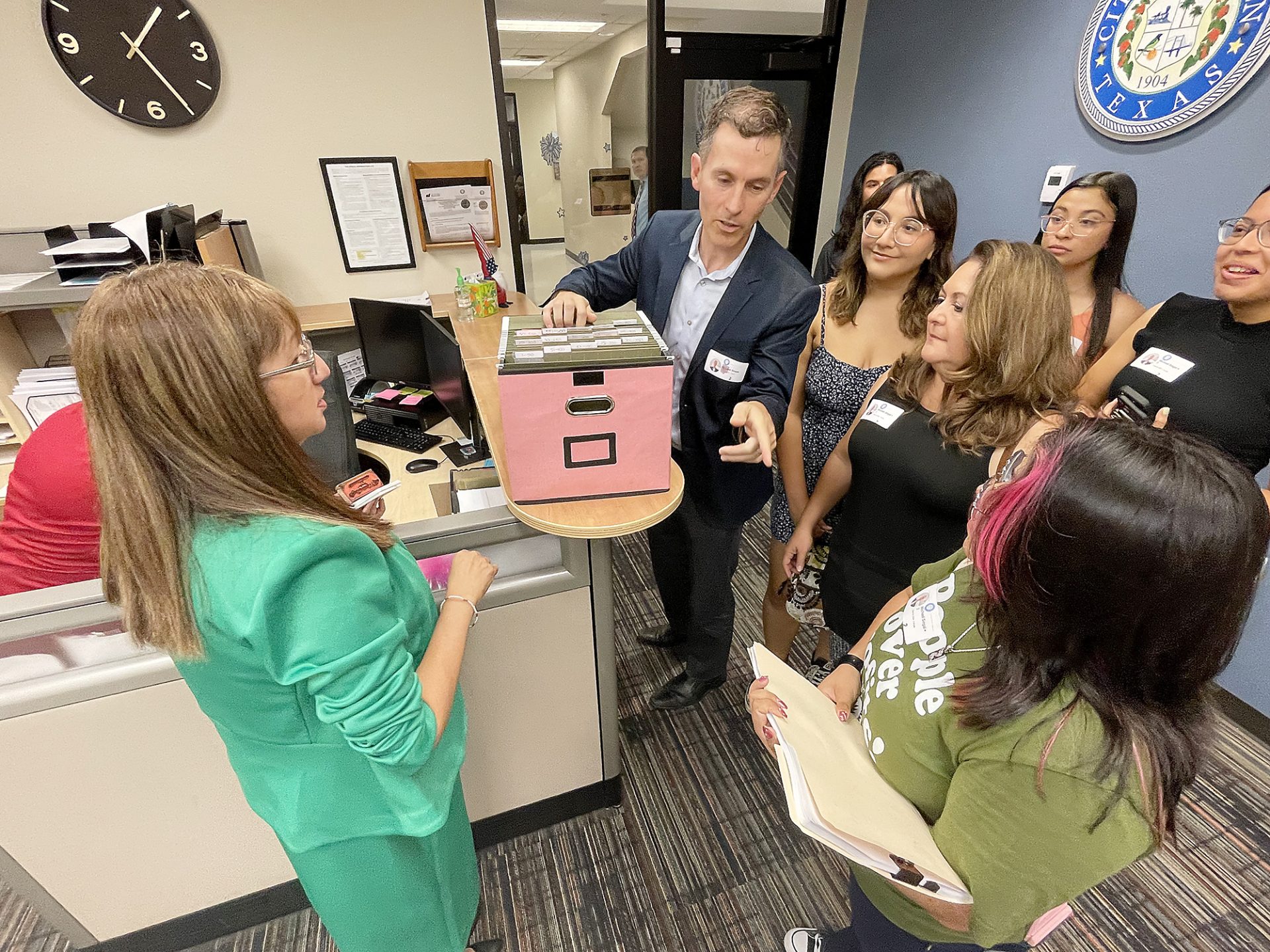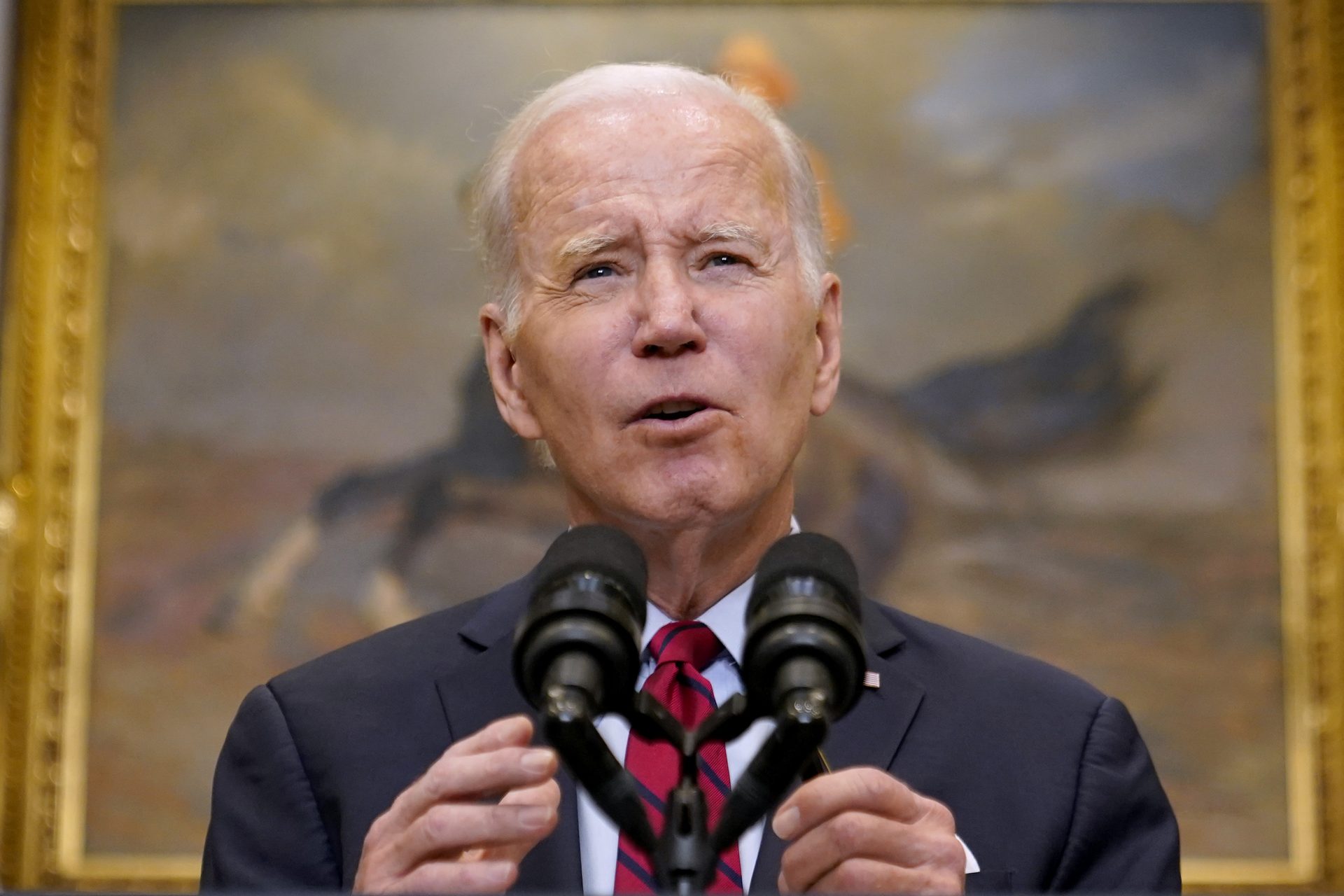BROWNSVILLE, TEXAS – NextDecade has filed a petition for a rehearing of a ruling by the U.S. Court of Appeals for the District of Columbia Circuit against the Federal Energy Regulatory Commission about the environmental assessments of Rio Grande LNG, Texas LNG, and Rio Bravo Pipeline.
On Aug. 6, the D.C. Circuit Court of Appeals ruled that FERC had failed to conduct a thorough review.
NextDecade is the parent company of Rio Grande LNG. The company is currently constructing a liquefied natural gas export terminal at the Port of Brownsville.
In August a federal court ruled that FERC had not followed procedures for an environmental review that began in 2016. NextDecade points out that there is no issue with the facility’s design itself and that the ruling was merely procedural. However, the company says that as a result of the ruling a multi-billion-dollar project faces an uncertain future.
If the ruling isn’t overturned via a rehearing and/or a potential Supreme Court appeal, NextDecade says a full review period would need to go through its cycle. The company says these can take nine months or more, causing obvious delays across the board.
NextDecade says the circuit courts ruling is unprecedented for an infrastructure project that’s fully permitted and under construction. If the ruling stands, the company says, it will cause issues for all sectors of industry on large infrastructure projects by undermining investment security, innovation, and development timelines.
Here is the introduction to NextDecade’s petition:
Intervenor Rio Grande LNG, LLC petitions for rehearing and rehearing en banc. En banc review is necessary because the panel opinion conflicts with Circuit and Supreme Court precedent, creates multiple circuit splits, and causes needless unjustified devastation.
Five years ago, after extensive environmental review, FERC authorized the Rio Grande project: an $18.4-billion liquefied natural gas (“LNG”) facility set to supply approximately 6% of the world’s current LNG needs when fully built. FERC determined that the project’s only significant environmental impacts were visual—i.e., it could be seen by people nearby or who climb a local lighthouse. FERC approved the project, because even accounting for visual impacts, the project overwhelmingly serves the public interest and thus must be authorized under 15 U.S.C. § 717b(a). A prior panel in this case considered similar NEPA issues and remanded without vacatur, allowing this critical infrastructure project to proceed. But now, three years later, the project may collapse entirely, because of a vacatur order unmoored from NEPA’s text, established Circuit law, and infrastructure financing realities.
En banc review is required. There is neither a NEPA violation nor justification for vacatur. Both aspects of the panel’s ruling are not just wrong as a matter of law and common sense, they conflict with Circuit precedent and create significant circuit conflicts.
Start with the merits ruling. The Rio Grande project’s impacts have already been thoroughly vetted by FERC—twice. Requiring even more extensive process where the additional data is not significant is contrary to Circuit and Supreme Court precedent and NEPA’s plain text. The panel’s ruling exemplifies broader problems with this Court’s endless-process/no-good-deed-goes-unpunished approach to NEPA— providing an extreme version of an approach which has already caught the Supreme Court’s attention. See Seven Cnty. Infrastructure Coal. v. Eagle Cnty., No. 23-975 (U.S.) (cert. granted June 24, 2024). There is no basis for subjecting major infrastructure projects to endless rounds of process. Indeed, the purported NEPA error here is premised on an environmental-justice framework that lacks any congressional authorization. That framework comes from (1) the Council for Environmental Quality (“CEQ”), which has no statutory authority to issue binding rules, and (2) a pair of Executive Orders that, by their own terms, do not apply to FERC and create no enforceable rights.
Properly understood, there is no NEPA violation here at all. En banc review is needed to limit NEPA review to congressionally-enacted standards and avoid an intra-circuit split.
The panel’s dangerous approach to remedy is even more problematic. The panel ordered vacatur without considering either whether FERC would likely deny reauthorization on remand or whether vacatur would cause massive harms. The panel instead applied a test under which vacatur is near-automatic, even when reauthorization is near-inevitable. This newfound standard conflicts with this Court’s well-established Allied-Signal test.
It will also cause needless devastation: The panel’s misguided test gave no weight to the enormous practical costs of vacatur here. It will not only bring a multibillion-dollar project to a grinding halt, but may send the project’s financing—and thus the entire enterprise—into a death-spiral. As numerous amici will attest, the consequences would be calamitous:
· The loss of thousands of high-paying jobs in a community with one of the country’s highest unemployment rates. Today, approximately 1,700 workers are employed on site; absent vacatur that number would soon grow to 5,000.
· Terminating Rio Grande’s environmental and community development initiatives. Rio Grande is working to create and restore wetlands, and is spending $400 million to deepen the Brownsville Ship Channel. Rio Grande’s loss of FERC authorization would end these and other initiatives, leaving the area in a half-baked shambles.
· Rio Grande’s global customers will lose a critical source of LNG at a time when many U.S. allies are desperately trying to avoid the need to purchase gas from Russia.
Simply put, the decision defies common sense. A perceived procedural agency foot-fault is no basis to place a hugely beneficial project at existential risk when there is no reason to doubt that authorization of the project is in the public interest.
The post NextDecade wants rehearing of D.C. Circuit Court’s ruling on South Texas LNG projects appeared first on Rio Grande Guardian.
 (2).png)
 1 day ago
18
1 day ago
18









 English (US)
English (US)